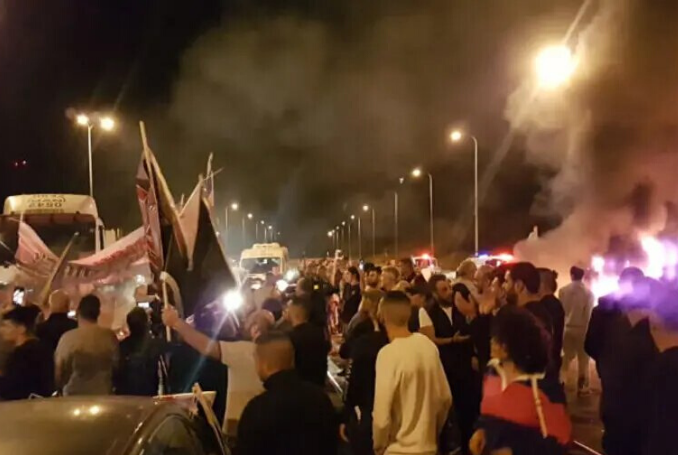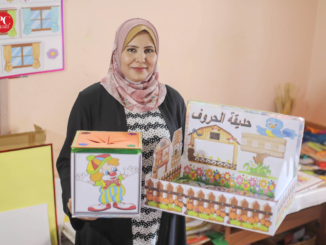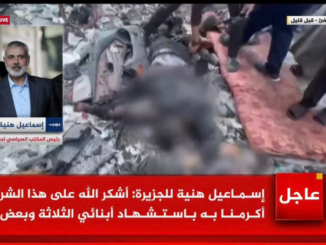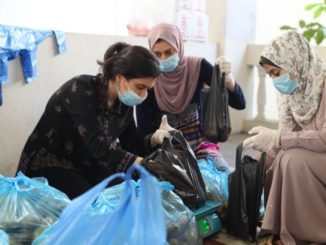
Despite Israel’s lethal attack on the besieged Gaza Strip last November, most Israelis in the Southern part of the country do not feel any safer, an academic study recently revealed.
“Researchers from Tel Hai College and Tel Aviv University conducted a study to measure the resilience of Israelis living in southern communities two weeks after the campaign ended,” reported the daily Israeli newspaper Haaretz.
Israeli occupation forces launched war against Palestinians in 2008-2009#Israel #Palestine #HumanRights #Civilians #GazaUnderAttack pic.twitter.com/i5Eq68LgpA
— Jasmine ?? #Gaza (@Jasmine_Omar1) December 30, 2019
The study examines the views of 503 Jewish residents living within a 40-kilometer radius of Gaza. The main question they were asked is how did the Israeli attack on the Strip on November 12, which killed 34 Palestinians and wounded dozens more, had affected their sense of security.
63 percent of respondents said they did not feel any safer after the operation, while 27 percent said they felt less safe than before. Only ten percent said that they had felt safer as a result of the military onslaught targeting Gaza.
New Israeli Aggression on Gaza: 34 Palestinians Killed (LIVE BLOG) https://t.co/mJddkKJPe4 via @PalestineChron
— Free Gaza Movement (@freegazaorg) November 15, 2019
The Israeli aggression on Gaza commenced with the assassination of Bahaa Abu Al-Ata, a senior military official of Islamic Jihad. It carried on for several days, in a series of deadly airstrikes targeting various parts of the besieged and impoverished Gaza Strip.
The Israeli paper also indicated that Israel’s Southern residents, who often demand more military action against Gaza, “feel like second-class citizens in comparison to Israelis living further up north, saying the IDF (Israeli army) responds more severely to rocket fire aimed at the greater Tel Aviv area”.
Only 10 percent of Gaza border residents said the campaign made them feel safer, while 63 percent said nothing has changed
https://t.co/OsAxzfWY96— Haaretz.com (@haaretzcom) January 1, 2020
Gaza has been targeted by many Israeli military campaigns, including several major wars that resulted in the killing and wounding of tens of thousands of Palestinians.
It is not the first time that residents and settlers living in Southern Israel express their disappointment for what they consider a “second class status”. In November 2018, hundreds of settlers organized a protest, demanding greater government support to protect them from rocket attacks originating from Gaza.
Israel’s common denominator: Why Israel will continue to bomb Gaza | Opinion by: @RamzyBaroud https://t.co/2Y3TYQZION
— Middle East Monitor (@MiddleEastMnt) May 14, 2019
Palestine Chronicle editor Ramzy Baroud noted at the time that “despite their continuous complaints, southern Israeli communities have seen constant growth in economic opportunity, thus population. This fact has placed these areas at the center of Israeli politicians’ radar, all trying to win favor with their leaders and obtain the support of their vastly expanding economic sectors.”
“This recent electoral strength has made the demands and expectations of Israeli southern community leaders a focal point in mainstream Israeli politics,” he added.
(The Palestine Chronicle)







